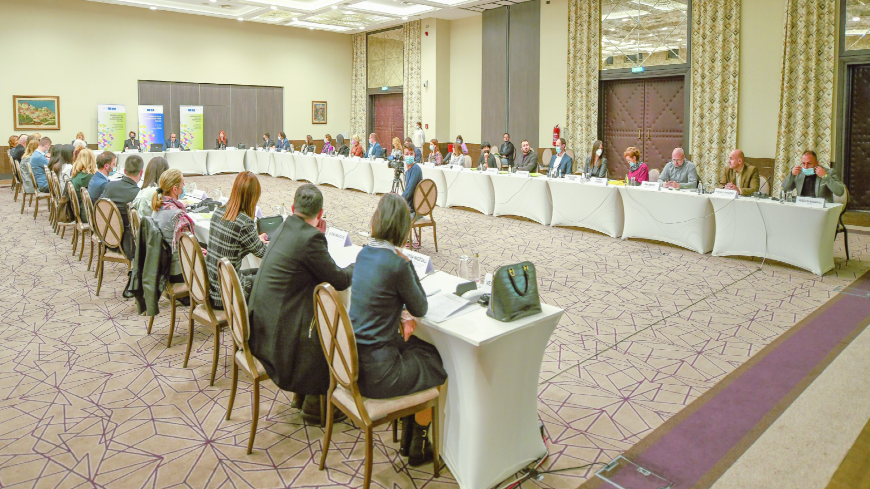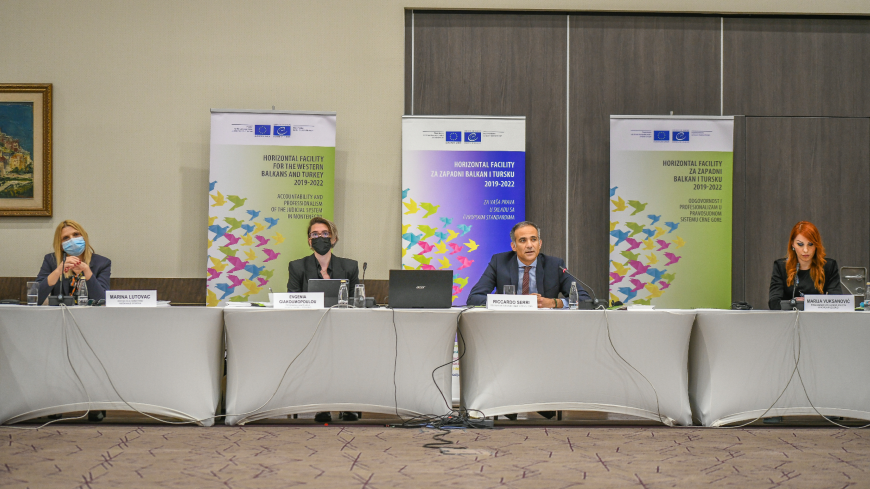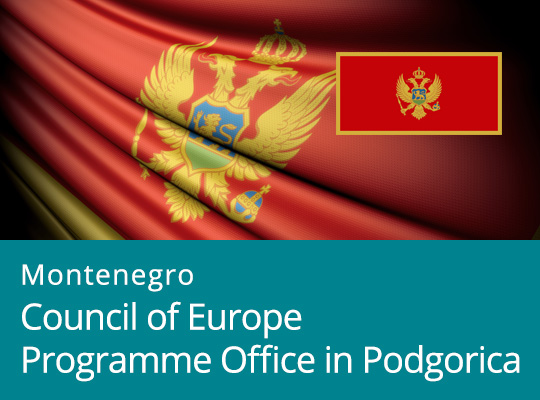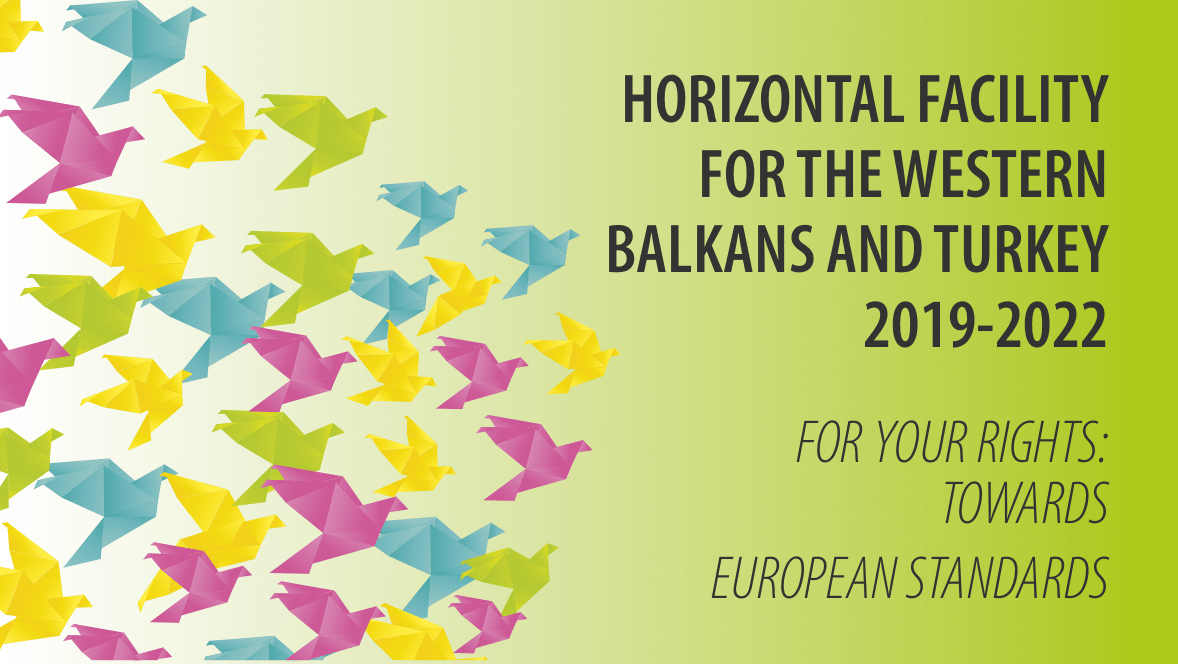Mediation is being increasingly used in Montenegro to facilitate collaborative problem-solving between parties involved in a dispute. It allows citizens to efficiently protect their rights, but also significantly contributes to decreasing judicial caseload. The dispute resolution landscape in Montenegro offers the users a full range of options, including early neutral dispute evaluation, mediation and arbitration. As a result, the number of cases solved through mediation is on a constant rise; 1200 mediation settlement agreements were concluded in by the end of November 2021. The new Law on Alternative Dispute Resolution, adopted in 2020 in the framework of EU accession, has further expanded the possibilities for the use of alternative dispute resolution measures, but more efforts have to be put into informing citizens and professionals about the benefits of such measures and into improving the quality of mediation services.
This was highlighted during the Conference on domestic and regional perspectives and challenges in alternative dispute resolution, organised under the joint European Union and Council of Europe action “Accountability and professionalism of the judicial system in Montenegro” in Podgorica today, as part of the annual celebration of the “Week of Mediation” in Montenegro.
Hosted by the Council of Europe Programme Office in Podgorica and Centre for Alternative Dispute Resolution in Montenegro (ADR Centre), this event welcomed representatives from 13 jurisdictions, creating a space for discussion around the expanding mediation practices and tools, including in the field of online mediation. The discussions have covered different ethical, legal and social implications of alternative dispute resolution and the great work of ADR practitioners, judges, local self-governance, bussiness community and academia was showcased.
Lilja Gretarsdottir, Head of the Co-operation Programmes Division in the Directorate General of Human Rights and Rule of Law of the Council of Europe, stressed in her opening remarks that Council of Europe mediation practices and standards rest upon a growing recognition of their unique benefits and potential to resolve future conflicts and minimize, if not avoid, lengthy legal disputes. Mediation practices may vary, but key values of the mediation process are always connected to the core European principles of rule of law and human rights. She also underlined that Council of Europe and the EU share affinity for conciliatory methods, reiterating that ADR services must always be designed with the citizen at their heart.
Riccardo Serri, Deputy Head of the EU Delegation to Montenegro stated in his introductory remarks that alternative dispute resolution (ADR) is crucial to enhance the efficiency of the judiciary. “I am pleased that an increasing number of Montenegrin citizens trusts ADR and that the number of cases referred to the Centre for ADR, from both courts and citizens, is constantly growing. The EU will continue to support Montenegro in this field and generally in all efforts related to judiciary reform”, concluded Serri.
Marina Lutovac, Director of ADR centre in Montenegro referred to the very origins and history of mediation in Montenegrin society, which date back to the emergence of the nation-state. She expressed her gratitude for the opportunity to present real-world examples of the mediation’s potential to improve citizens’ access to justice and shape the future of their lives. She stressed that according to relevant international and European standards “access to justice includes not only the right of citizens to courts’ protection, but also their right to access various alternative dispute resolution mechanisms”.
Evgenia Giakoumopoulou, Head of Operations of the Council of Europe Programme Office in Podgorica welcomed the efforts of Montenegro and of the ADR Centre in ensuring effective implementation of available ADR tools. She also presented the results achieved so far under the joint European Union and Council of Europe programme “Horizontal Facility for the Western Balkans and Turkey 2019-2022”, including the adoption of the Code of Ethics of Mediators and the Methodology for Evaluating Mediators’ Work. “While mediation has already gained a foothold in family disputes resolution, there is a strong need to facilitate its wider use in commercial and other relevant areas. It is equally important to promote the willingness of parties to engage in the process of mediation and to raise their awareness of mediation benefits”, concluded Giakoumopoulou.

The conference was organised within the action “Accountability and professionalism of the judicial system in Montenegro”, a part of the joint European Union and Council of Europe programme “Horizontal Facility for the Western Balkans and Turkey 2019-2022”, implemented by the Council of Europe.





